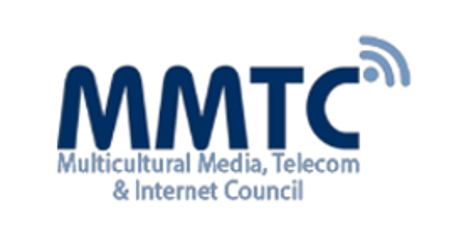MMTC: It’s Time to Axe the Main Studio Rule
WASHINGTON—As the Federal Communications Commission prepares to decide the fate of the main studio requirement, the MMTC has added its voice to a growing number of organizations calling for the eradication of the 78-year-old rule.

According to the Multicultural Media, Telecom and Internet Council (MMTC), the main studio rule offers a textbook example of a rule aimed at advancing one laudable objective — advancing localism — that actually undermines the agency’s pursuit of another equally laudable objective — that of promoting diversity.
In a letter to the FCC (which followed a same-day phone call with staff members representing Commissioners Mignon Clyburn and Jessica Rosenworcel), the MMTC reiterated its stance that the main studio rule is frankly unnecessary and noted that the rule has particularly harmful effects on minority-owned and ethnically programmed stations.
Pointing to data that it released back in 2008, the MMTC study found that minority-owned or ethnically programmed clusters had one third fewer stations per required studio.
“The [main studio rule imposes] a far greater disadvantage on broadcasters who entered the industry later and were thus unable to assemble clusters of stations which each shared the same community of license,” the MMTC said in a filing it submitted along with the data from 2008. This is in effect a “tax on Blackness and Brownness,” said David Honig, MMTC president emeritus and senior advisor, in the Oct. 17 letter.
Requiring broadcasters to keep a brick-and-mortar facility in a community of license hinders investment in minority-owned and/or ethnic programming stations, the group said.
It’s time for a change, Honig said. ’“Technology has rendered the [main studio] rule an anachronism and it is overdue for repeal,” he said.
Get the TV Tech Newsletter
The professional video industry's #1 source for news, trends and product and tech information. Sign up below.
While the FCC should continue to ensure that all broadcasters provide program service that meets local needs, “the methods by which they do so should be left to the discretion and creativity of broadcasters,” Honig said.
On Tuesday Oct. 24, the FCC plans to address just that. It will formally vote on whether to eliminate the main studio rule, which requires a TV or radio station to maintain a primary studio in its community of license. FCC Chairman Ajit Pai has said in the past that the rule was outdated and this move by the Republican-led commission is “another step toward the long-overdue modernization of rules governing the media industry,” he said in a blog post on Oct. 3.
“This requirement dates to 1939 and was enacted in part to ensure that stations would stay accessible and responsive to the public,” Pai said. “But today, this rule is unnecessary; most consumers get in touch with stations over the phone or through electronic means,” pointing to the fact that public inspection files are mostly online and technology enables stations to produce local news without a nearby studio.
Eliminating the rule will also make it easier for new broadcast stations to operate in small towns and rural communities, Pai said, a notion that MMTC agrees with.
Susan Ashworth is the former editor of TV Technology. In addition to her work covering the broadcast television industry, she has served as editor of two housing finance magazines and written about topics as varied as education, radio, chess, music and sports. Outside of her life as a writer, she recently served as president of a local nonprofit organization supporting girls in baseball.

